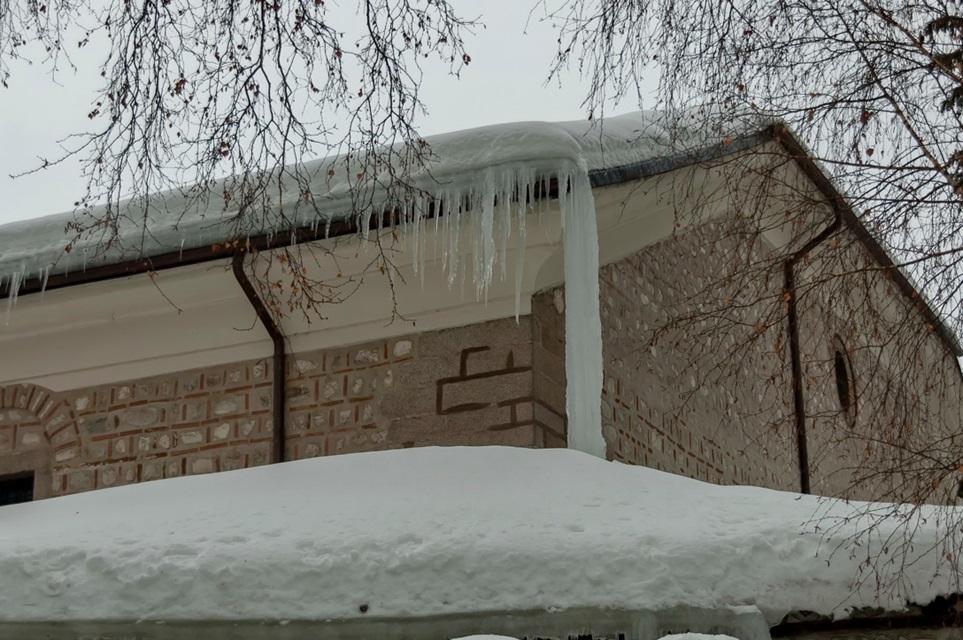As winter approaches, the crisp, frosty air might entice you to stay cozy indoors with a hot cup of cocoa. But, as you enjoy the warmth, your house’s plumbing system might not share the same sentiment. Those plummeting temperatures can cause your pipes to freeze, leading to a potential disaster that nobody wants to encounter. But fret not, because this article will guide you on how to avoid a frozen pipe disaster this winter. By following these simple tips, you can keep your pipes running smoothly, and avoid the dreaded emergency plumbing repair in Nashville.
Table of Contents
Understanding The Risks
Did you know that water expands when it freezes? This expansion can cause your pipes to crack or burst, leading to flooding and costly damage. And it’s not just the outdoor pipes that are at risk—the ones inside your house can freeze, too, especially if they’re located in unheated areas like attics, basements, or crawl spaces. But why does this happen?
The Science Behind It
To put it simply, when the temperature drops below freezing, any water left stagnant in your pipes turns into ice. This process begins from the outside and spreads inward, constricting the flow of water till it stops entirely. Plus, as mentioned earlier, the expanding ice exerts pressure on the pipes, causing them to burst.
Prevention Is Better Than Cure
To avoid frozen pipes and the subsequent emergency plumbing repair, here are some tips you can follow:
- Keep your house warm: This might seem like a no-brainer, but keeping your home’s temperature above freezing can make all the difference.
- Insulate your pipes: Insulating your pipes with foam sleeves can help keep them from freezing.
- Seal leaks and cracks: Any openings or gaps in your walls, doors, or windows can let in cold air and freeze your pipes. Make sure to seal them properly.
- Disconnect outdoor hoses: If you have outdoor faucets, it’s essential to disconnect and drain the hoses before winter sets in.
- Let the water flow: Leaving a trickle of water running through your faucets can help prevent the pipes from freezing.
- Open cabinet doors: If you have any cabinets under your sinks, leave them open to allow warm air to circulate around the pipes.
In Case Of An Emergency
If, despite all precautions, your pipes still freeze and burst, here’s what you need to do:
- Turn off the main water supply: Locate your home’s main water valve and close it to prevent further flooding.
- Open faucets: Drain any remaining water from the pipes by turning on all your faucets.
- Thaw the pipes: Use a hairdryer or hot towels to thaw the frozen pipes slowly. Do not use an open flame, as it can damage the pipes.
- Call a plumber: If the situation is beyond repair, it’s best to call a professional plumber for emergency plumbing repair.
Don’t let a frozen pipe ruin your winter wonderland. By following these simple steps, you can avoid this plumbing nightmare and keep your home warm and cozy all season long. And in case of an emergency, remember to stay calm and take the necessary steps to prevent further damage. Call a professional plumber for assistance.



